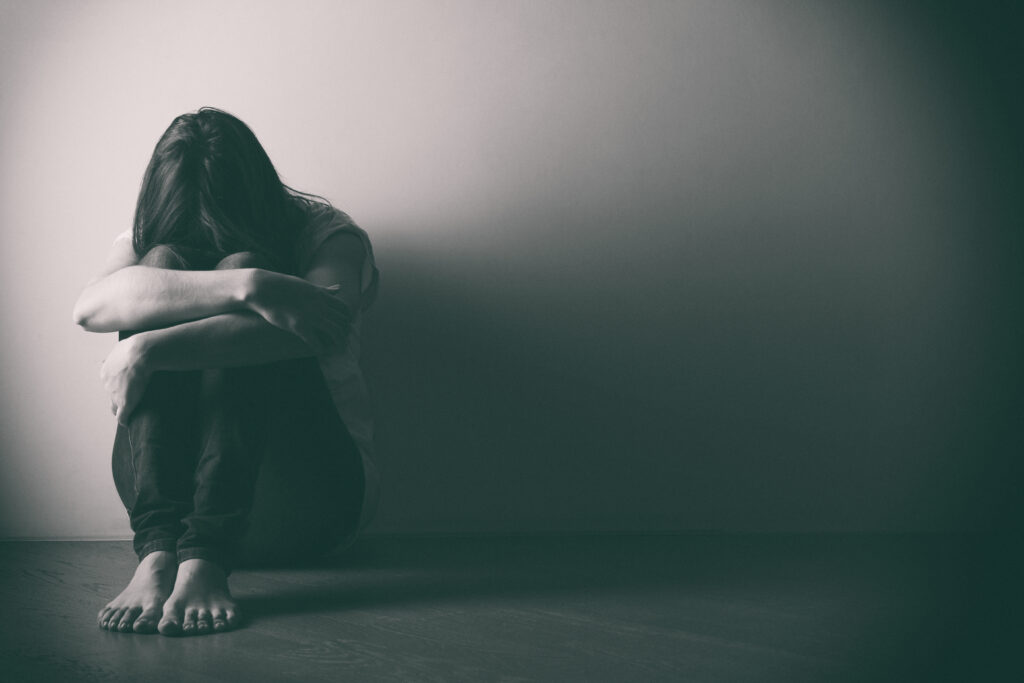
“You have to keep breaking your heart until it opens”
Rumi
General Overview:
“We are so afraid of that first bit of sad” – anonymous
Grief, sadness, and quite introspection are all a normal and healthy part of life. When these become relatively fixed or persistent moods over days, weeks, months, or years then we can characterize them as “depression.”
I would also include the feelings of apathy or ennui as a part of depression. While it seems to have become “normal” in our society to regularly believe thoughts such as “why am I doing this”, “what’s the point”, or feelings such as boredom, listlessness, and a sense of lack like something is missing I would suggest that this is NOT our natural state.
Depression in Western Medicine:
There are many ways to diagnose depressive disorders in Western Medicine. A few of the most common are as follow:
- Major Depressive Disorder
- Persistent Depressive Disorder
- Bi-Polar Disorder
- Seasonal Affective Disorder (SAD)
- Peripartum (Postpartum) Depression
- Premenstrual Dysphoric Disorder (PMDD)
- ‘Situational’ Depression
While each disorder has it’s own set of distinguishing parts, they all contain some common themes.
- Painful thoughts (Painful when they are believed)
- A feeling of sadness
- Loss of interest
- Anxiety and agitation
- A feeling of lack as if something is missing or incomplete
Treatment Options in Western Medicine:
Depression is often classified as either primarily a problem of the mind (thought life and emotions) or a problem in the body (chemical, hormonal dis-ease).
In the case of primarily a problem of the mind then psychotherapy (also known as talk therapy or psychological counseling) may be suggested. Some of the goals from this perspective are to discover the belief systems you have that are leading to harmful thoughts and emotions and teach you techniques to cope with them when they occur.
In the case of primarily a problem of the body then medications (such as antidepressants) may be suggested. Some of the goals from this perspective are to either correct or manage the chemical and hormonal imbalance that is leading to physical sensations of anxiety.
Regardless of whether it is primarily a problem with the mind or body both of these can be triggered for more than 1 reason and therefore each requires its’ own specific treatment. It may be that different people hold different beliefs about reality that create different thoughts and emotions, or it may be that different hormonal imbalances need to be addressed with different medications.
Each different imbalance of the mind or body can be treated through a variety of different natural therapies including:
- Diet (what you eat, how you eat it, and your relationship with it)
- Treatment of the mind (through a variety of psychotherapy techniques)
- Herbs, Suppliments, and Medications
All of these will be discussed seperately in future posts with a special emphasize on:
- Each type of imbalance, common signs and symptoms so you can get a clearer picture of where you fit
- Treatment options for each with a focus on what you can do at home starting today and where you might find help from a healthcare professional most beneficial
- Interviews with other specialists in their field and what suggestions they have to share for coping with and overcoming your anxiety.
- Interviews with others who are either currently suffering with or have overcome their anxiety. What worked and didn’t work for them and their stories.
Up Next: Anxiety In Traditional Chinese Medicine